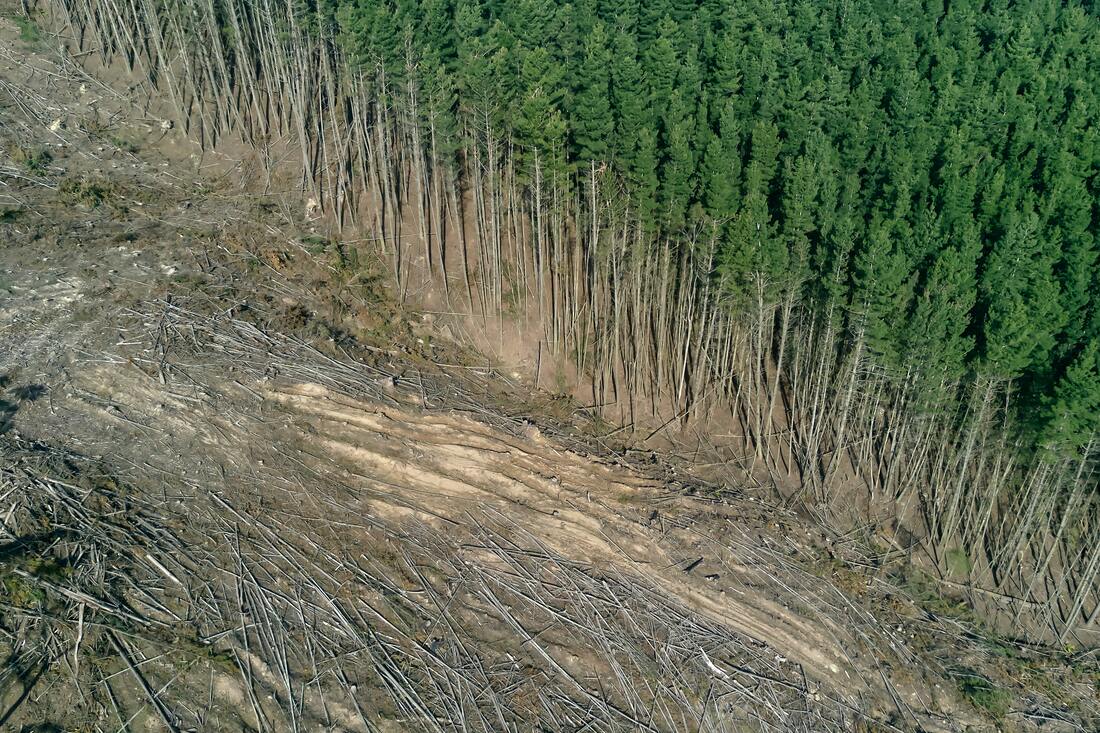|
By A. Melcon What must one consider the most fundamental aspect of planet Earth that allows the current 7 billion humans on the planet to survive? There are many plausible options, but it is undeniable that the oxygen that allows our body cells to work efficiently is definitely one. Oxygen, seemingly just a colorless gas in our atmosphere, allows for every single organism on our planet to live, giving home to million of unique habitats and allowing biodiversity to prosper into incredibly beautiful landscapes and more. This oxygen is used by many processes, but also released by some, one example being photosynthesis done by vegetation which helps the carbon and oxygen cycles function to the environments benefit. Forests, composed to millions of tree species, help this critical issue, aside from also aiding the Earth’s environment and promoting sustainability in a series of ways. However, humans disregard this daily, failing to understand the fatal consequences that this may have. More specifically the Amazon rainforest in one of the tropical areas with the most biodiversity, number of trees and largest area. Located in South America, this rainforest covers approximately up to 40% of the continent and has an area of a total of 1.4 billion acres. Within the rainforest, there more than 300 billion trees and a total of around 2400 animal species and 60,000 plant species. Moreover, as previously mentioned, rainforests also help with limiting carbon emissions and maximizing oxygen ones, essentially making the atmosphere have the critical proportions of different elements allowing organisms and habitats to survive. In addition, the forest helps with the control of land erosion, minimizing natural habitats and the total deaths lost to incidents like landslides, floods and more. Understanding the importance of this issue, and the detrimental effects that could be unleashed if deforestation were to reach a certain limit, there are many organizations focused on reforestation and creating sustainable groups to limit the groups impacted by deforestation. However, we must all do our part if we want to ensure that this issue doesn’t permanently change our environment, we must all work together, united, in the future. “Birds and wildlife” Amazon conservation. 24/06/22 <https://www.amazonconservation.org/what-we-do/protect-wild-places/birds-wildlife/#:~:text=The%20Amazon%20Rainforest%20is%20known,than%20400%20species%20of%20amphibians.>
0 Comments
Your comment will be posted after it is approved.
Leave a Reply. |

